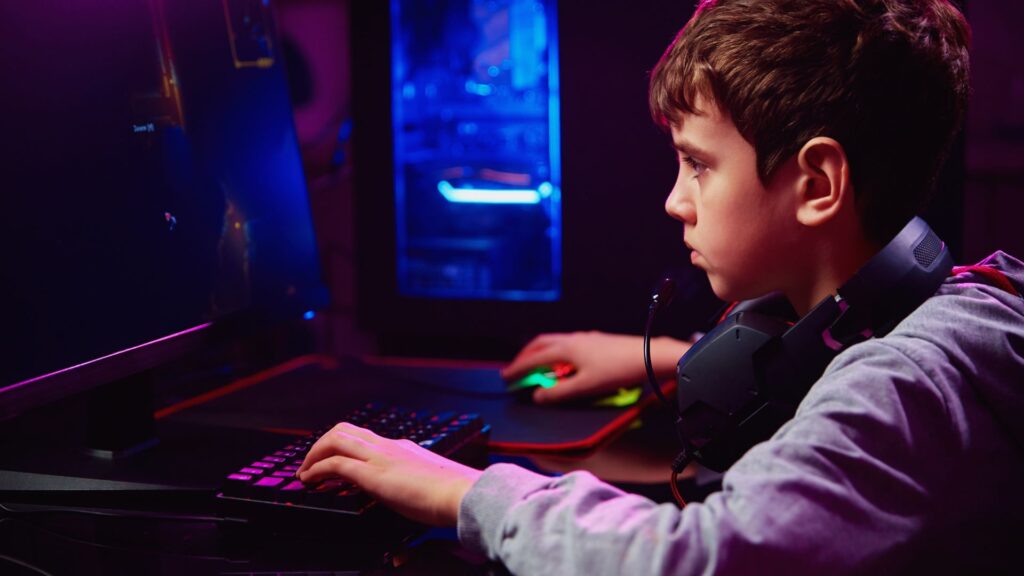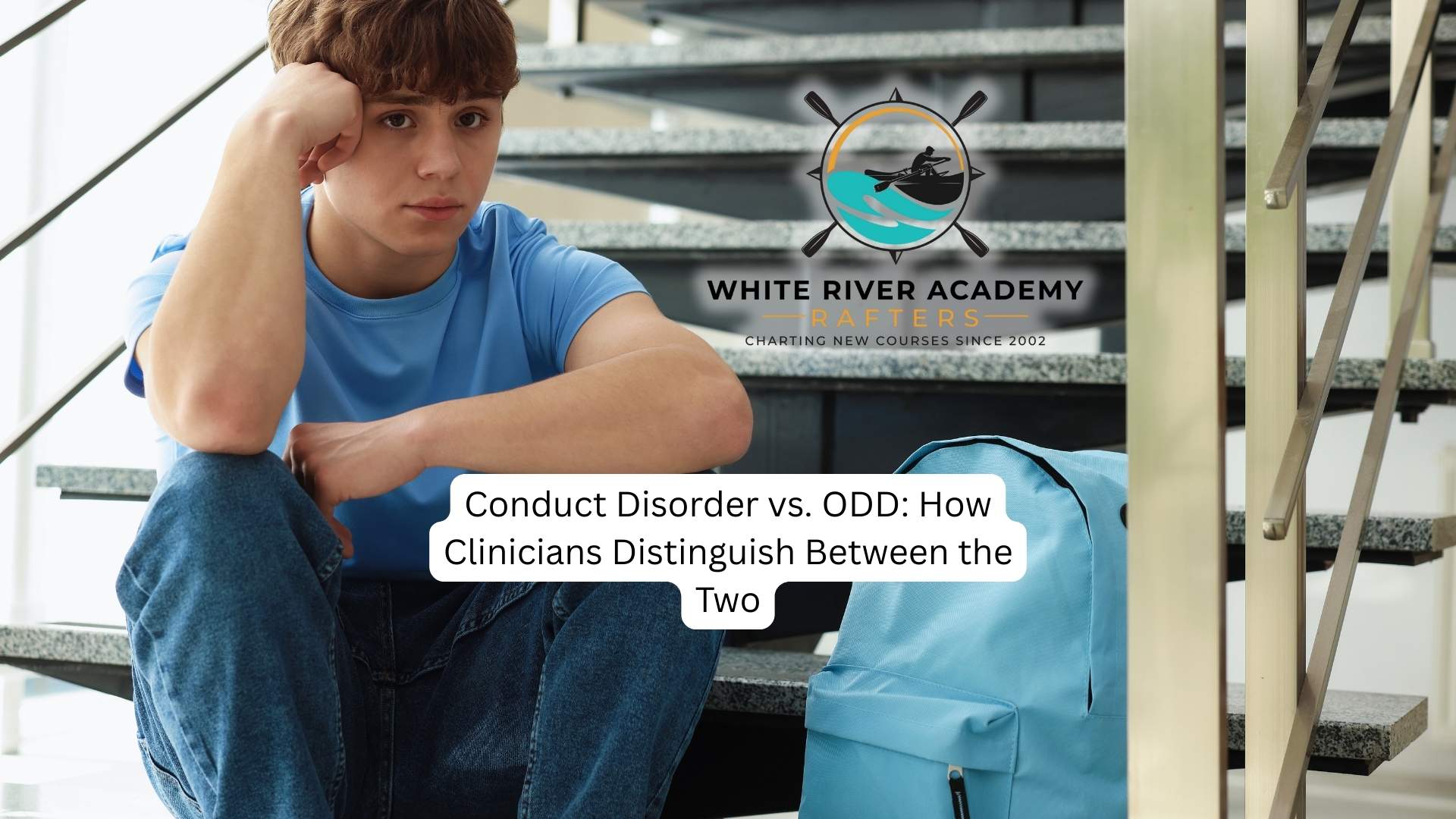Gaming has become a dominant part of many students’ daily lives, offering entertainment, social interaction, and even cognitive benefits. However, excessive gaming can interfere with academic responsibilities, leading to lower grades, reduced concentration, and poor time management.
This article examines the impact of gaming on education, the risks of gaming addiction, and strategies for maintaining a balance between gaming and academic success.
The Relationship Between Gaming and Academic Success
While video games can enhance problem-solving skills, hand-eye coordination, and strategic thinking, too much gaming often disrupts academic progress. Many students become so immersed in gaming that they neglect schoolwork, procrastinate on assignments, and struggle to manage their time effectively.
Research shows that students who spend excessive time gaming often experience difficulties maintaining attention in class. The interactive and fast-paced nature of video games can make traditional learning feel slow and unengaging, leading to a decline in overall academic performance. As students become more immersed in gaming, they may struggle to meet deadlines, retain information, and focus on long-term educational goals, especially when gaming addiction takes hold and disrupts their ability to prioritize academic responsibilities.
How Gaming Addiction Disrupts Academic Success
Gaming addiction is a growing concern among teenagers, with some developing a compulsive need to play despite negative consequences. The World Health Organization (WHO) recognizes gaming disorder as a condition that interferes with daily life, including education. Signs of gaming addiction include skipping schoolwork or neglecting assignments to play games, decreased motivation to study or participate in academic activities, declining grades, increased school absenteeism, and mood swings or frustration when unable to play.
When gaming becomes an addiction, academic responsibilities often take a backseat. Many students fall behind in coursework, leading to stress, frustration, and sometimes academic failure. Without intervention, gaming addiction can result in long-term educational setbacks.
The Role of Sleep in Academic Success
Sleep plays a crucial role in cognitive function, and late-night gaming often disrupts essential sleep patterns. Students who stay up late gaming experience chronic fatigue, reducing their ability to focus, process information, and retain what they learn in class.
Sleep is critical for memory consolidation, problem-solving, and overall cognitive function. When students sacrifice sleep for gaming, they often struggle with concentration, forget important information, and perform poorly on tests.
Lack of rest also affects mood regulation, making students more irritable and disengaged in school. Chronic sleep deprivation due to gaming can create a cycle where students are too tired to focus, leading to academic setbacks and increased frustration with schoolwork. Setting gaming curfews and maintaining a consistent sleep schedule can help improve academic performance and overall well-being.

Healthy Gaming Habits for Academic Success
Gaming does not have to be a barrier to academic success if managed correctly. Establishing clear boundaries can help students maintain a healthy balance between gaming and schoolwork. Setting time limits on gaming ensures that playtime does not interfere with studying or completing assignments. Prioritizing homework before gaming encourages better time management and discipline.
Parents play a crucial role in guiding teens toward healthy gaming habits. Rather than taking a restrictive approach, open conversations about responsible gaming and academic priorities can encourage students to self-regulate their screen time. Helping them develop structured schedules that balance gaming, studying, and leisure activities fosters better discipline and long-term success.
Engaging in alternative activities, such as sports, creative hobbies, and social interactions, can reduce gaming and internet dependency while providing additional cognitive and emotional benefits. Encouraging teens to diversify their activities can help them build a more balanced lifestyle.
When to Seek Professional Help
While some students can moderate their gaming habits independently, others may struggle with gaming addiction that negatively impacts their academic and personal lives. If a student consistently neglects schoolwork, experiences declining grades, withdraws from social activities, or is unable to control their gaming habits despite negative consequences, professional intervention may be necessary.
Therapeutic support programs offer structured guidance to help students regain control over their gaming behaviors. Counseling, behavioral therapy, and routine-based interventions can provide students with strategies to develop healthier habits while maintaining their educational goals. Schools and families should seek professional support when gaming addiction begins to impact a student’s well-being and future prospects.
Final Thoughts from White River Academy
At White River Academy, we recognize the challenges that gaming addiction can pose for male teens and their families. Our specialized therapy programs in Utah focus on helping young individuals regain control over their habits while maintaining academic progress. Through therapeutic interventions and structured routines, we guide students toward healthier lifestyles that support both their education and personal development.




